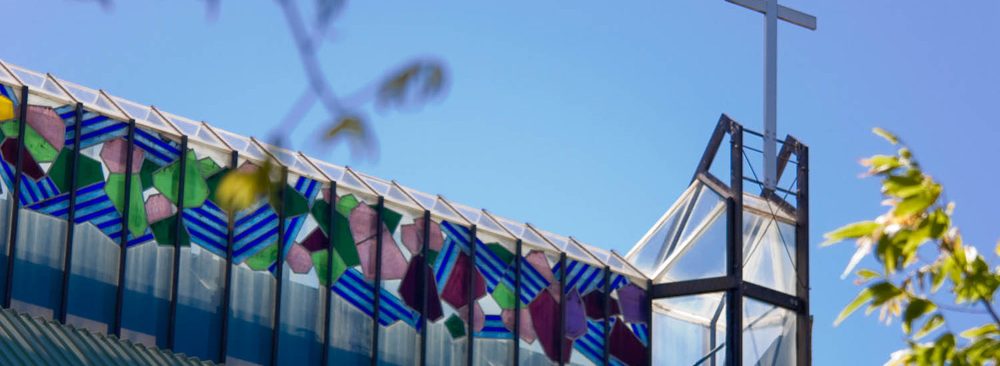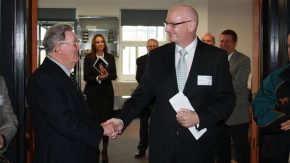From the Chaplain
Tragedy at The Cross
Today as I write this piece The King’s School are in deep mourning and holding the funeral for recently graduated Thomas Kelly. Thomas died as a result of a drunken attack on him in The Cross earlier this month. Our hearts go out to the Kelly family and to The King’s School community, staff and boys. Our prayers have been and will continue to be with them—this of course could easily have been us.
It was quite apposite this week to have Dr Paul Dillon delivering lectures to both our senior boys, college staff and parents, on the topic of “drugs and alcohol”. One of Dr Dillon’s clear messages was that alcohol is by far the most dangerous of all social drugs. Another surprising finding, from international research that he brought to us, was that the culture of gradual exposure to alcohol of young people in European countries like France is not working as people have concluded. Incidents of liver cancer, for instance, are disproportionally high in these countries and the French government is now recognising the huge medical and social cost that its “normalising of alcohol use” has on the country.
Of course this begs the question of how we raise our kids safely and with mature and responsible attitudes to drinking. Research suggests there is clear evidence to show that the developing brain of the adolescent is incredibly vulnerable to permanent damage from alcohol use. The hippocampus, which resides deep within the basal part of the brain, is particularly at risk of shrinkage and damage. This will impair a person’s memory and ability to learn. There are many other obvious dangers associated with alcohol abuse such as alcohol poisoning (in my time as a minister I have had to officiate at two funerals of teenagers who have died this way), and the consequence of teenage binge-drinking and associated high risk behaviours of teenagers under the influence.
Again I try to give you some suggestions as to how to manage our own monitoring of our young peoples’ social lives—and the following are consistent with what Paul Dillon shared with us—monitoring (through being inquisitive) is the key word. Ask them (in a calm and non-interrogative way) questions like:
i) Where are you going?
ii) Who are you going to be with?
iii) When will you be home? (When can I come and pick you up from the party?)
Don’t be afraid to contact parents who might be hosting a “gathering” (see also my Black and White article in March 2012, and I promise no more on this subject this year).
As Dr Dillon said, “Teenagers don’t want us to be their best friend but they do want us to genuinely care and be involved in their lives”.
Isn’t it incredible that the human species, for thousands of years, has been seeking ways to distort or enhance our experience and feelings through the use of substances that are not natural to our normal sources of nutrition and hydration. I recently chatted with a colleague about how as far back as the Incas of South America, who experimented with poisonous toads and the first magic mushrooms, humanity has been seeking ways to get a buzz from strange substances, and searching for fulfilment and meaning in life.
Allow me to end this piece, on a slightly philosophical note, by quoting from Jesus, “everyone who drinks this water will be thirsty again, but whoever drinks the water I give them will never thirst. Indeed, the water I give them will become in them a spring of water welling up to eternal life.” (John 4:13-14)
David N Williams
Chaplain






